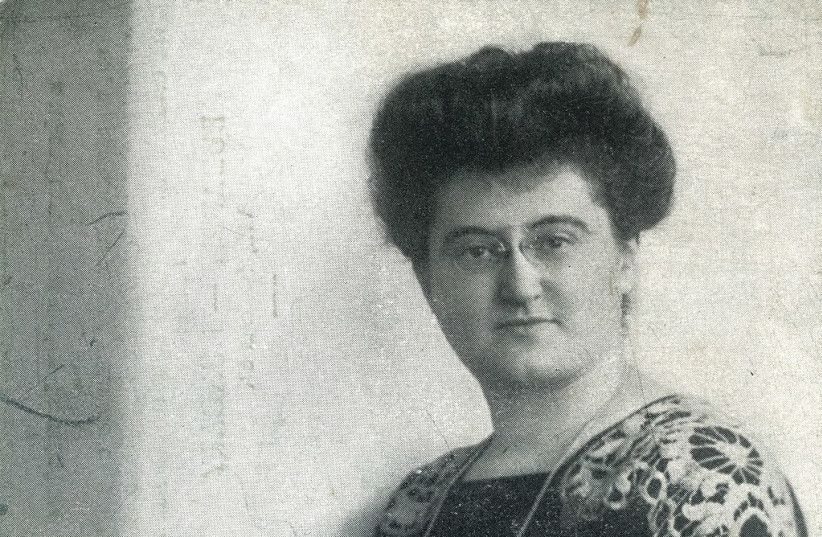In what may very well be a first in Israel this week, and possibly globally, there will not be a single male ambassador at the upcoming ceremonies of the presentation of credentials by new diplomatic envoys.
All four ambassadors who will present their letters of credence to President Isaac Herzog on Thursday are women. Two of them – El Salvador's Suzana Gun de Hassenson and Malta’s Cecilia Attard Pirotta – have previously served as ambassadors here, while Rita Maria Hernandez Bolanos of Costa Rica and Helen Sophie Deller Klein of Ecuador will be doing so for the first time.
Gun de Hassenson previously presented her credentials to former president Moshe Katsav in 2003 and Attard Pirotta has been a career diplomat for almost 40 years, and presented her credentials to President Reuven Rivlin in February 2016. South and Central America have a good and long-standing record for appointing female ambassadors, but still have a long way to go politically and diplomatically to catch up with Scandinavian countries in matters of gender equality.
South and Central America have a good and long-standing record for appointing female ambassadors, but still have a long way to go politically and diplomatically to catch up with Scandinavian countries in matters of gender equality.
Before the rise of the suffragette movement, there were no female diplomats, because a woman who didn't have the right to vote could hardly be considered worthy of representing her country abroad.

Nonetheless, high society women wielded political and diplomatic influence through their salons, and those who were married to politicians or diplomats often expressed their views to their husbands, who in some cases, later presented them as their own.
In a revolutionary break with common practice, in November 1918, Hungary's President Mihaly Karolyn appointed suffragette Rozsa Bedy Schwimmer as his personal envoy to Bern. This did not sit well with the Americans, the French, and representatives of states that had once been part of the Austro-Hungarian empire. However, Schwimmer's diplomatic career was cut short by her recall in January 1919.
In 1930 Suzanne Barel was accepted into the French Foreign Service but was denied all the diplomatic opportunities available to men. She had to sign a letter agreeing that the Ministry had the right to withhold certain roles from her.
The United Kingdom did not accept female diplomats before 1946, and the first female ambassador of the United States, Helen Eugenie Moore Anderson was not appointed till 1949, when she was posted to Denmark.
Israel can be proud of having appointed a woman ambassador soon after the declaration of statehood when Golda Meir was sent to Moscow. But it took a while before other women were permitted to follow in her footsteps, although they did hold lesser diplomatic positions.
In the years since, female ambassadors of Israel have served in several of the European countries with which the Jewish state has diplomatic relations, as well as Asia and South America. Israeli female ambassadors have also served in the Middle East. There was one in Jordan, and Israel’s current ambassador to Egypt is a woman – Amira Oron.
